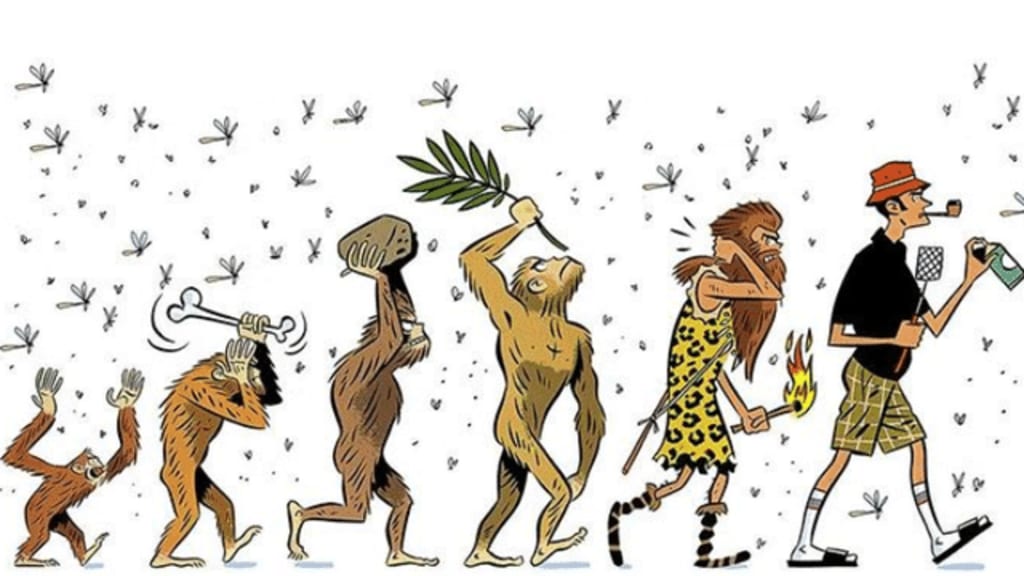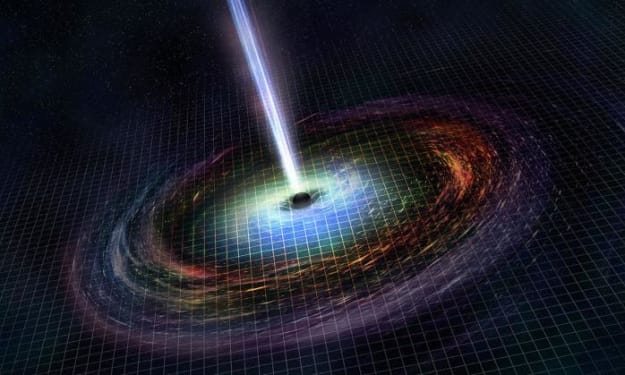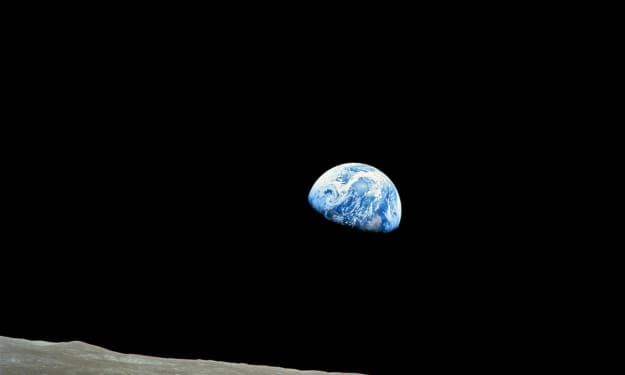Was there really a "prehistoric civilization"? Evolution to be disproved? Scientists: Human civilisation is cyclical
Scientists: human civilisation is cyclical

The course of human evolution may seem clear and unambiguous, but scientists have found evidence, such as frescoes, fossils and the remains of civilisations, that seem to indicate that it was quite uncomplicated, and may even directly disprove the theory of human evolution that people have believed in for centuries.
There has been a lot of evidence of a large number of civilisations in the ancient past, and traces of them can be found in unearthed murals and excavated fossils, which are known as 'prehistoric civilisations'.
While studying prehistoric civilisations, scientists have discovered a very strange phenomenon and have come up with a very exaggerated and bold idea: that human civilisation may have been cyclical.
In other words, human civilisations have always existed in a 'cycle', disappearing and starting again at each turn. If this is the case, then it would be truly terrifying.
When exploring prehistoric civilisations, scientists have found many relevant clues. Although a long time has passed, it is perfectly possible to obtain a lot of reliable information by relying on the current technology.
In their eyes, prehistoric civilisations appeared on Earth a long time ago, meaning that humans actually appeared even further back than evolution-related theories have guessed. Scientists have excavated a fossil, for example, that may prove this point.
From this fossil we can find a pair of footprints, which is actually a trilobite fossil, dating from around 600-250 million years ago, already in the realm of prehistoric civilisations. If the footprints were made by humans or creatures similar to humans, this would suggest that human civilisation existed in prehistoric times, which is amazing!
In addition to this, scientists have discovered many mysterious objects, such as a 2.8 billion year old metal ball in Africa and a hundreds of millions of years old nuclear power plant in Africa. All these phenomena show that there may have been many things in prehistoric times that we find difficult to explain and difficult to accept.
To get a reasonable explanation for these things, perhaps the only way is to give full play to the imagination, and so scientists came up with the idea that there are cycles in the course of human civilisation.
As we all know, it is now commonly accepted that Darwin's Theory of Evolution suggests that humans emerged 35 million years ago, starting with the evolution of the ape species, and gradually evolving into modern man after experiencing natural environmental changes and genetic alterations.
There have been many difficulties and many branches, such as the orangutans and apes that now live in the forest, which are all the same species as the ancestors of humans, but only because of the different evolutionary directions that have led to different results and reproductive isolation.
But is the Theory of Evolution necessarily correct? The question has always been in a state of limbo in the scientific community, simply because people have not found evidence to directly disprove the theory, so they have to accept it.
Some scientists believe that human ancestors originally lived on land, but due to environmental changes, the Earth's temperature rose, glaciers melted and sea levels rose, covering the land where animals lived, so they had to go into the ocean to survive and wait for the sea levels to drop before returning to land from the ocean.
The theory of evolution and the many claims about the origin of mankind have not been proven correct, because to prove that the evolution of mankind is continuous, it is necessary to find fossils of each period, fossils are the most direct evidence, but in the evolution of mankind, scientists have searched desperately, but have not been able to find all the fossil representatives of all periods, does this mean that the theory of evolution is not quite right?
The Earth is now 4.6 billion years old, and human civilisation can only be traced back as far as 5,000 years, so what has happened to the rest of the planet and what are the secrets of those dusty prehistoric periods? We have no way of knowing, which in turn gives us room for imagination. Curiosity drives us to keep exploring and deciphering, which is perhaps the charm of science!
About the Creator
Vicky
The world is so wonderful, let's get to know the world together!
Enjoyed the story? Support the Creator.
Subscribe for free to receive all their stories in your feed. You could also pledge your support or give them a one-off tip, letting them know you appreciate their work.






Comments
There are no comments for this story
Be the first to respond and start the conversation.